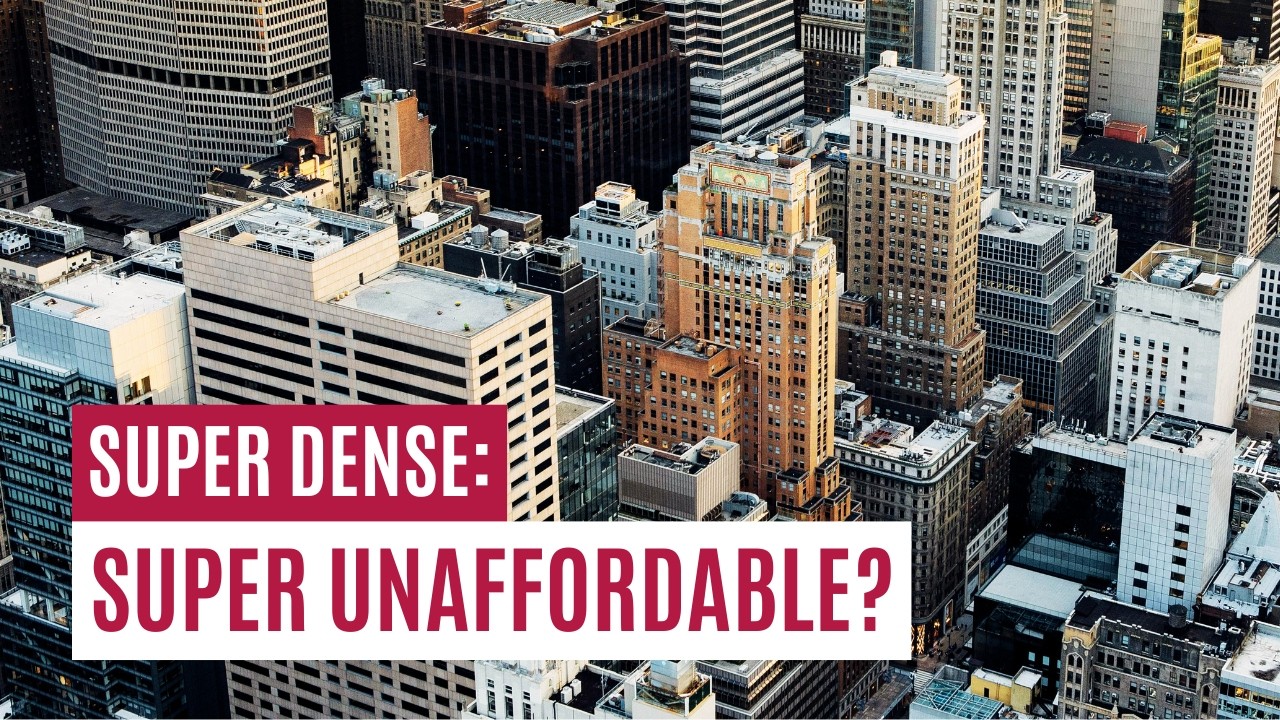A well-researched video that explains why some dense urban areas are quite expensive.
TL;DW: Despite a substantial historic housing stock, our most expensive cities have built very little housing in recent years, leading to very low vacancy rates and high prices. Ramping up housing construction will be a necessary part of solving the affordability crisis.



@LibertyLizard I just feel like this video is going to misinterpret so many things about reality.
I’m curious as to why you think this video is “well-researched”. Because it throws a lot of statistics of dubious relelvance on the screen?
Did you watch it? I don’t know if it’s just awkward phrasing but your comment makes it seem like you didn’t. If so, I think your concerns and questions will be best answered by watching.
There is a lot of delving into housing data in the video, which I found relevant and convincing but feel free to form your own opinions or post a more substantial critique if you wish to.
@LibertyLizard I did watch it. Like most videos of its type, it throws up a bunch of relevant-seeming statistics uncritically. You cannot make a bare comparison of rents between cities with wildly differing income structures and land values.
Did the author not wonder why Philadelphia and Pittsburgh are so low on the list, despite being highly desireable places to live?
It’s obvious that prices are controlled by a multiplicity of factors, not all of which can be covered in a short video. However, I found the complete lack of high-COL, high-construction cities to be quite convincing. This suggests that housing supply is so important that it’s very rare for prices to rise so high when supply is high, even despite these other factors. It’s not necessary to discuss every factor to demonstrate that one factor is a very important one. Why do you think this analysis is uncritical?
As far as Pittsburgh and Philadelphia I don’t think there is any real mystery—they simply aren’t considered as desirable as New York, SF, or LA by most people. They’re not quite Detroit but you don’t have thousands of people moving across the country to these cities—or wishing they could afford to.
Honestly, we know from every other category of good that scarcity causes prices to rise. It shouldn’t be terribly surprising that, despite some additional complexities, the housing market works the same way.